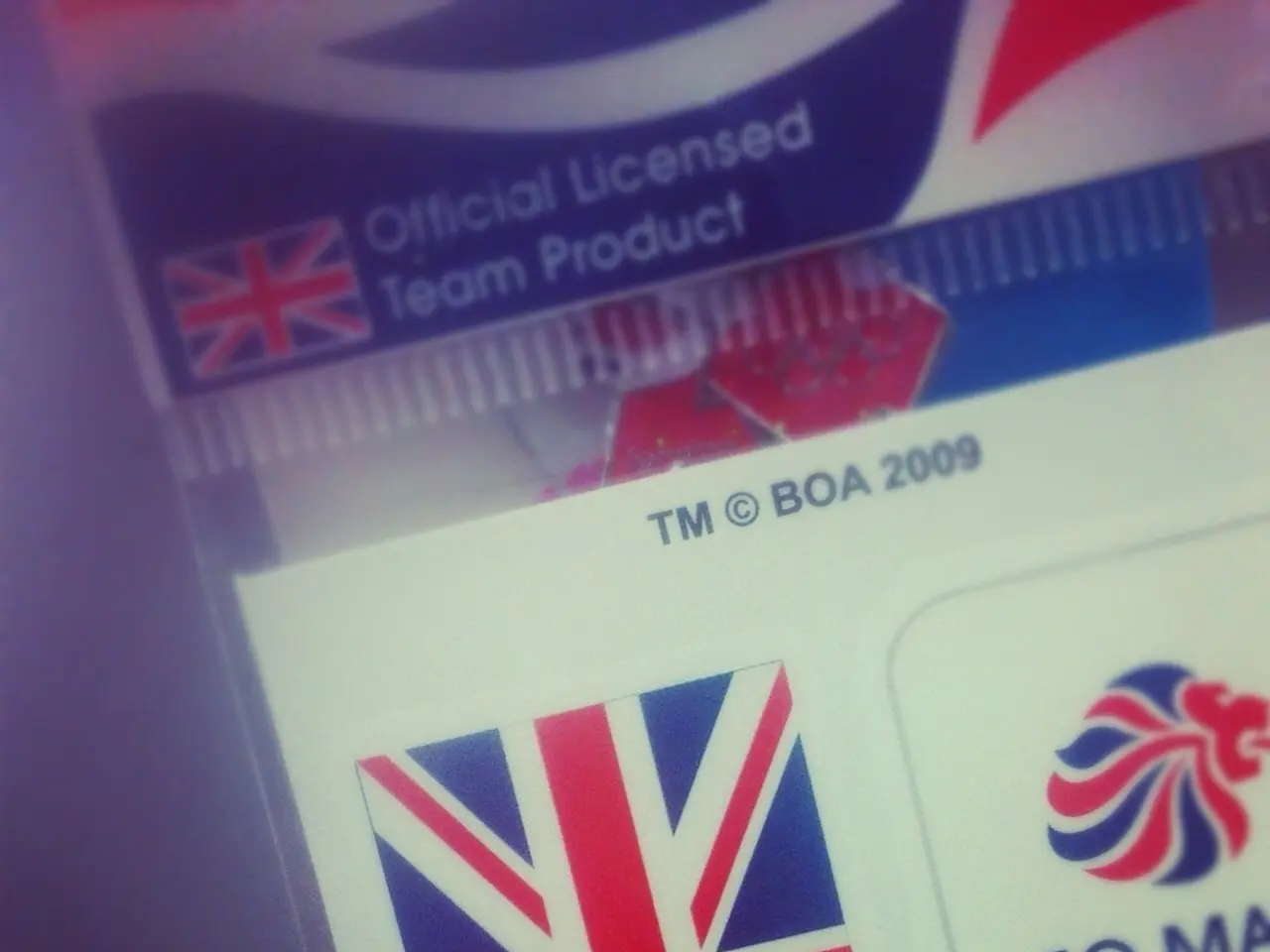IRS Imposes Reporting Obligations on Foreign-Controlled Limited Liability Companies
In a significant shift, the Internal Revenue Service (IRS) has implemented new reporting requirements for Limited Liability Companies (LLCs) formed in the U.S. by foreign persons. These changes, effective from 2017, aim to ensure compliance with tax and disclosure rules.
Any single-member LLC that is wholly owned by a foreign person must file Form 5472 whenever there are reportable transactions with related parties. Reportable transactions are broadly defined and include initial and subsequent capital contributions, distributions, loans, payments for formation costs, and any exchanges of money or property between the LLC and its foreign owner or related parties.
The foreign-owned single-member LLC must file Form 5472 attached to a pro forma Form 1120 (corporate tax return) annually. Most foreign-owned LLCs use a calendar year for tax purposes with the filing deadline by April 15 of the following year. Extensions until October 15 are possible if requested timely using Form 7004.
Failure to file Form 5472 or submitting incomplete information triggers a substantial penalty of $25,000 per related party per year, which can quickly accumulate. Thus, timely and accurate compliance is critical for foreign-owned LLCs.
Before filing, the LLC must obtain an Employer Identification Number (EIN) from the IRS. This is the LLC’s federal tax ID and is necessary to submit Forms 5472 and 1120. Foreign persons do not need a Social Security Number or ITIN to apply for an EIN; they can apply directly by submitting Form SS-4 with their foreign passport or national identification number as the responsible party.
If the LLC has multiple foreign owners, it is treated as a partnership for tax purposes and must file Form 1065 (partnership return) with K-1 schedules for each member instead of Form 5472.
LLCs treated as Disregarded Entities, which are automatically treated as such if formed under the laws of a U.S. state or the District of Columbia and have not elected to be treated as a corporation, are required to report their "reportable transactions" on Schedule C of Form 1040. LLCs treated as Disregarded Entities are not subject to federal income tax unless they have "reportable transactions" as defined by the IRS, or they are engaged in a trade or business in the United States.
It is important to note that EIN's are not just for employers and do not expire. These new requirements include obtaining a Federal Tax Identification Number (EIN).
In summary, foreign-owned single-member LLCs in the U.S. must obtain an EIN and file Form 5472 with a pro forma 1120 annually, reporting all reportable transactions with related parties to avoid severe penalties. These filings are due April 15 for calendar-year taxpayers, with the possibility to extend to October 15. LLCs treated as Disregarded Entities should also be aware of their reporting obligations. As always, consulting with a tax professional is advised to ensure compliance with all federal tax requirements.
[1] IRS.gov - Form 5472 Instructions [2] IRS.gov - Foreign-Owned Single-Member LLCs [3] IRS.gov - How to Apply for an EIN [4] IRS.gov - Reportable Transactions
A foreign-owned single-member LLC in the U.S. must file Form 5472 annually, reporting all reportable transactions with related parties to ensure compliance with tax rules. In addition, the LLC must obtain an Employer Identification Number (EIN) from the Internal Revenue Service (IRS) to enable filing of Forms 5472 and 1120.




